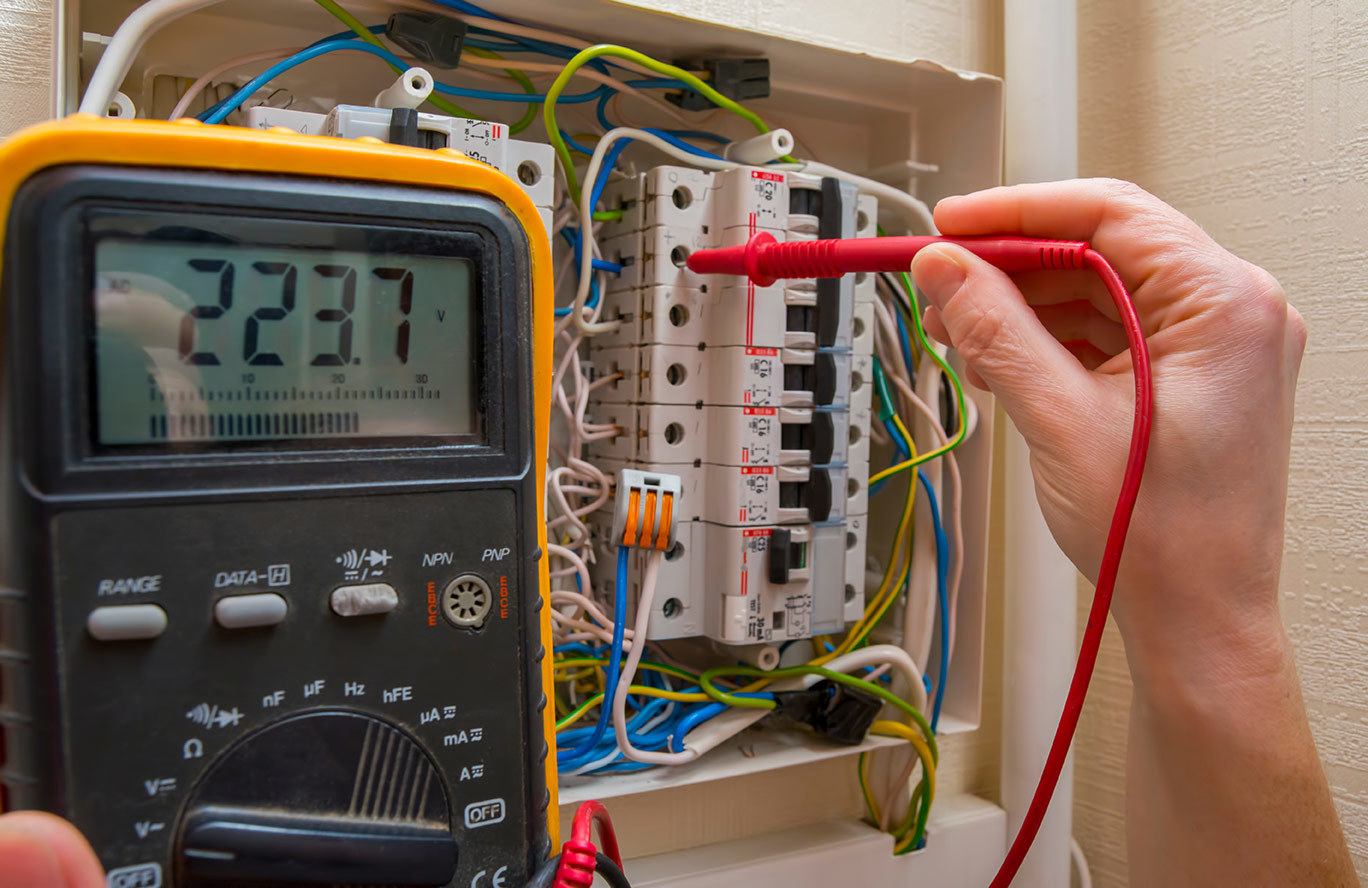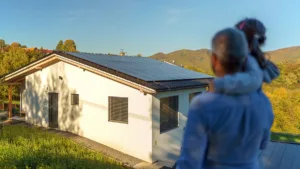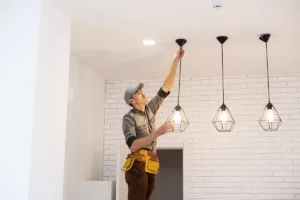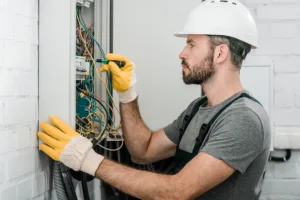A Comprehensive Residential Electrical Inspection Checklist
Your home’s electrical system requires routine, comprehensive electrical safety inspections to prevent issues that can potentially lead to electrical fires. According to the National Fire Protection Agency, “Electrical failures or malfunctions were the second leading cause of electrical home fires in 2015–2019, accounting for 13% of home structure fires.” During the inspection, all aspects of your home’s electrical system are examined, inside and out. In addition, throughout a residential electrical inspection, your electrician will check for possible electrical safety hazards, such as improper use of extension cords, electrical code violations, and overloaded outlets and circuits.
Here is what to expect during a routine, comprehensive electrical safety inspection of your home.
Electrical Panel
Your electrical panel is the electrical brains of your home, controlling the current that runs through it and ensuring that the power is disabled if there is a problem. Maintaining it is crucial to electrical efficiency and safety.
An electrician will check that the panel is in good condition, test the amperage, inspect the bus and circuit breakers, AFCI (arc-fault circuit interrupter) tightening all connections as needed, also ensuring that all of the breakers are accurately and clearly labeled.
Voltage, Grounding and Surge Protection
To ensure that your home’s wiring is working properly—and safely—the electrician will test the voltage at various outlets throughout your home, also ensuring that proper grounding is present and that surge protection for electronics is present and functioning as it should. Your GFI (ground fault interrupter) outlets, typically found in your bathroom, will also be tested, or recommended, if they are not present.
In addition, if a problem is detected, the wiring in the attic or crawlspace will also be inspected.
Light Switches and Lighting
In addition to electric ground faults, lighting is another area that can be a concern for fire safety. Many house fires start with poorly wired light fixtures—often in the bedroom. The electrician will inspect your lighting fixtures and switches, to ensure they are wired correctly. Installing the wrong type of light bulb can cause the bulb to overheat and explode. This is especially true of incandescent bulbs. Your technician will evaluate your fixtures and bulbs for safety and efficiency. If you are not already using LED bulbs, these cooler burning bulbs may be suggested.
Smoke/CO Detectors
A comprehensive electrical inspection will also involve checking all of the smoke and carbon monoxide detectors in the home. All of your home’s detectors will be tested to determine if sufficient units are present, and that they are placed properly.
Outdoor and Outbuilding Electrical Systems and Lighting
Moving to the exterior, your inspection will include your outdoor outlets, and wiring and lighting in your out buildings, such as shops, garages, outdoor kitchens, etc. If you have a water feature, hot tub, or pool, the technician will make sure that the electrical hookups are safe and to code.
Electrical Service Entrance
Your electrical service entrance, is where your electricity enters your house from the exterior meter. Your electrician will inspect the meter to ensure that the load is being delivered efficiently and safely, and look for any signs of wear that need to be addressed. When a smart meter is present, the voltage and kilowatt draw will be checked.
Schedule a Routine Residential Electrical Inspection Today
Routine, comprehensive electrical safety inspections can potentially save your life. They will certainly ensure that your electrical system is working properly, efficiently, and safely, and give you peace of mind. The certified electricians at Schafer Electrical are here to answer any of your electrical safety questions. Contact our team online or call us at 707-545-3300 today to schedule a comprehensive electrical inspection today.





No comments yet. Add the first comment